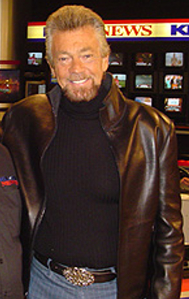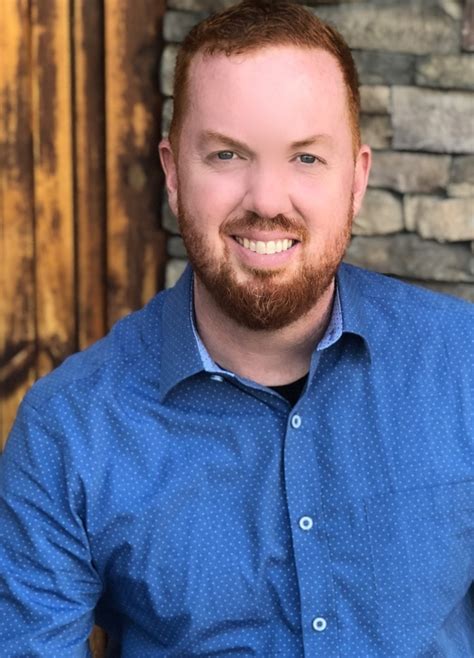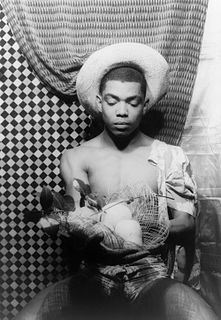A Quote by Anton Chekhov
If in the first act you introduce a gun, by the third act you have to use it.
Related Quotes
I enjoy a third act, and I like stories with ending. A lot of my frustration with serialized storytelling is a lot of shows don't have a third act. They have an endless second act, and then they find out it's their last year and often have to hustle to invent a third act, but they were never necessarily organically meaning to begin with.
As I saw my 60th birthday approaching, I thought,What did 60 mean to me? I figured I'd probably live until I'm about 90, which meant that I was at the beginning of what I call my third act. As an actress, I know how important the third act is. It makes sense of the first and second acts. You can have first and second acts that are interesting, but you don't know what they mean. Then a good third act pulls it all together. And so I knew that, because I sat by my father's side over the long months when he was dying.
Why does a woman carry a gun? Because, under our system, every citizen has the latitude to act in the absence of police; the latitude to act reasonably, to act immediately, to act in defense of self, to act in defense of another, to act with lethal force, to act with her acquired training and to act not in anger but to respond in purpose. To exercise the protections of that latitude in public policy, public interest and practical safety, all that is demanded of her is that she act reasonably under the circumstances.
One of the horribly frustrating things about writing feature films is the rules everyone applies and says, 'You have to do this by the end of the first act and by the end of the second act you must introduce this.' As if there were rules to life or telling a story or the ways things happen, which of course there aren't.
You go to the cinema and you realize you're watching the third act. There is no first or second act. There is this massive film-making where you spend this incredible amount of money and play right to the demographic. You can tell how much money the film is going to make by how it does on the first weekend. The whole culture is in the crap house. It's not just true in the movies, it's also true in the theater.


































